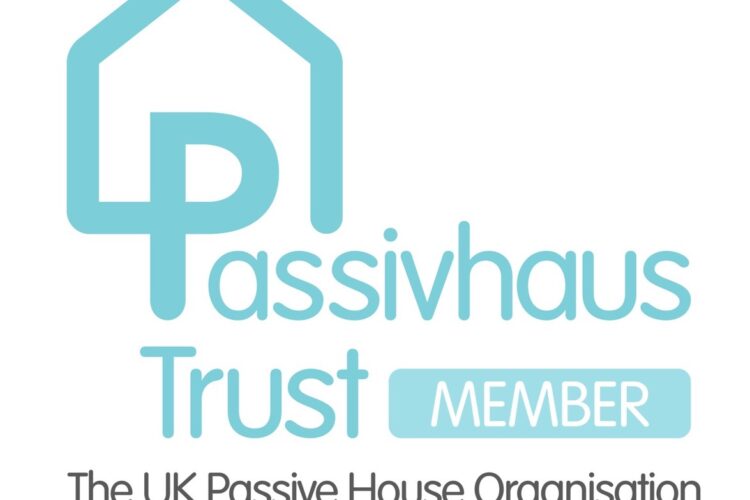Edinburgh, UK: As part of their ongoing commitment to sustainability and reducing environmental impact through our engineering work, DNA has recently joined the Passivhaus Trust. The Trust, an independent non-profit organisation in the UK, aims to promote the adoption of the Passivhaus standard and methodology in construction, engineering, and design.
Based on rigorous research and testing, the standards have attracted global interest as environmental impact and the move towards net zero becomes an increasingly important focus. Compared to the standard practice in the UK, Passivhaus buildings achieve a 75% reduction in space heating requirements. There are a host of benefits to Passivhaus standards for both the environment and the building owners/occupiers:
- Minimised energy consumption
- High standards of thermal comfort
- Minimised energy bill
- High indoor air quality
While the Practice has already worked on multiple projects that meet the Passivhaus standards, including a new intergenerational facility at Powderhall in Edinburgh and a rural veterinary hub in Inverness, membership of the Trust demonstrates our ongoing commitment to sustainability. The engineers and technicians always aim to specify locally sourced, durable materials which have low environmental impact during their production, transportation or disposal. As well as embracing new materials and technologies, they also consider innovative ways to use conventional methods of construction in more sustainable ways.
With COP26 being held in Glasgow this year, there’s a welcome focus on achieving net zero. DNA are delighted to be providing engineering services to the ‘COP26 House’ as part of the Beyond Zero Homes team. This timber frame house, next to the COP26 conference venue, will showcase zero carbon construction and living.
By applying the Passivhaus standards to engineering designs, the Practice can continue to support sustainability and greener construction.
If you’d like to find out more about Passivhaus standards and how they could benefit your project, please get in touch to discuss with the team.



